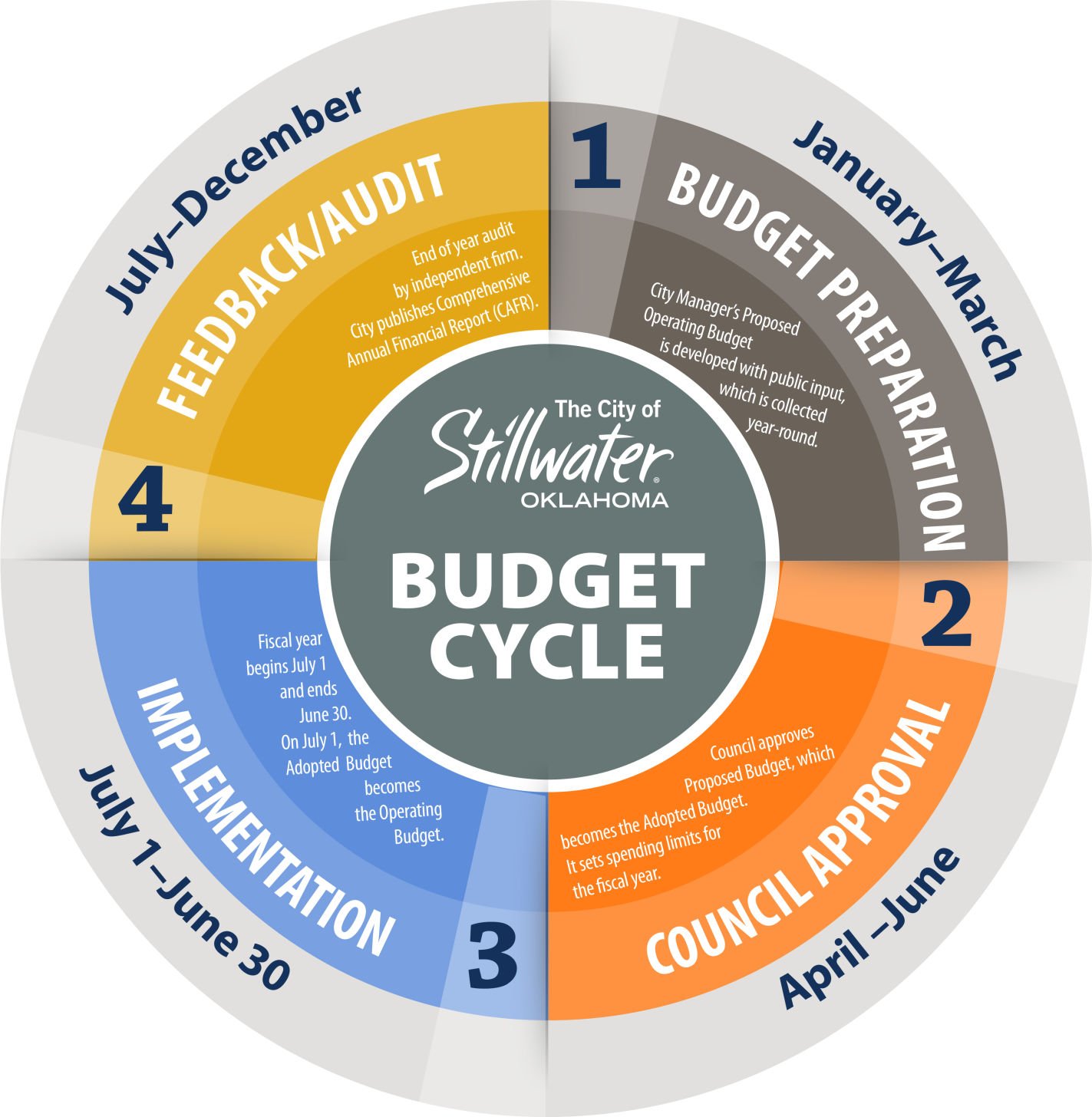
Kenya’s Budget Process: An Explainer
Kenya’s budget process is a complex and multifaceted procedure that involves multiple stakeholders and adheres to established legal frameworks. Here’s an overview of the key steps:
1. Budget Preparation:
* The National Treasury, with input from various government agencies, prepares the budget proposal. * It outlines the government’s revenue projections, expenditure priorities, and fiscal targets. * The proposal is based on the government’s Medium-Term Expenditure Framework (MTEF) and the current economic outlook.
2. Budget Approval by Cabinet:
* The Treasury presents the proposed budget to the Cabinet for approval. * The Cabinet reviews and makes necessary adjustments. * Once approved by the Cabinet, the proposal is submitted to Parliament.
3. Parliamentary Review and Approval:
* Parliament’s Budget and Appropriations Committee scrutinizes the budget proposal, holds public hearings, and makes amendments as deemed necessary. * The revised budget is then presented to the full Parliament for debate and vote. * The approved budget becomes law upon the signature of the President.
4. Implementation:
* Once the budget is approved, the Treasury disburses funds to various government ministries, departments, and agencies. * These entities are responsible for implementing the budgeted programs and projects. * The Treasury provides oversight and monitors the implementation of the budget.
5. Audit and Reporting:
* The Auditor-General conducts an audit of the government’s financial statements and reports on the findings. * The audit report is presented to Parliament and the public, providing accountability for the use of public funds.
Legal Framework:
The budget process is governed by the Constitution of Kenya, the Public Finance Management Act, and other relevant legislation. These frameworks provide guidelines for budget formulation, parliamentary oversight, and financial accountability.
Stakeholders:
Various stakeholders are involved in the budget process, including: * National Treasury * Cabinet * Parliament (Budget and Appropriations Committee) * Auditor-General * Government Ministries and Agencies * Civil Society Organizations * The Public
Importance of the Budget Process:
* Allocates resources for essential government services and programs. * Ensures fiscal discipline and accountability. * Facilitates economic planning and development. * Enhances transparency and citizen participation in government decision-making.This is the preface of a research paper. It includes information about the title of the paper, author, publication date, access type, summary, series, subject, frequency, language, ISBN/ISSN, stock number, format, and number of pages.This is the preface of a research paper. It includes information about the title of the paper, author, publication date, access type, summary, series, subject, frequency, language, ISBN/ISSN, stock number, format, and number of pages.
Title
Transmission of monetary policy in Oman
Author
Thomas Kroen
Publication Date
June 13, 2024
Access Type
Free download
Summary
This paper studies the transmission of monetary policy in Oman, which has a fixed exchange rate to the US dollar and an open capital account. The authors find that the pass-through from policy rates to effective lending and deposit rates remains moderate in Oman, even compared to its GCC peers. They attribute this to a cap on personal loan rates and banks’ low exposure to SMEs and riskier borrowers. The paper also documents ongoing actions by Omani authorities to strengthen transmission and offers additional recommendations on liquidity management, reserve management, and easing of the interest rate cap.
Series
Selected Topics Document No. 2024/018
Subject
International organization, Monetary policy
Frequency
Regular
Language
English
ISBN/ISSN
9798400278358/2958-7875
Stock Number
SIPEA2024018
Format
Paper
Pages
9
Kenya’s Budget Process
Kenya’s budget process is a comprehensive and transparent system that ensures the allocation of public resources in a responsible and accountable manner. It involves the following key stages:
1. Budget Preparation
The National Treasury, in consultation with line ministries, develops the budget estimates. These estimates are based on the government’s policy priorities, revenue projections, and macroeconomic framework.
2. Parliamentary Scrutiny
The budget estimates are presented to the Parliament for scrutiny and approval. The Parliament’s Budget and Appropriations Committee examines the estimates, scrutinizes proposed expenditure, and makes recommendations for amendments.
3. Budget Approval
After thorough deliberation, the Parliament approves the budget. The approved budget becomes the legal basis for government expenditure for the upcoming fiscal year.
4. Budget Implementation
The National Treasury manages the implementation of the approved budget. It disburses funds to line ministries and other government agencies, monitors expenditure, and ensures compliance with budget limits.
5. Budget Monitoring
Throughout the fiscal year, the National Treasury closely monitors budget performance. It produces regular reports on expenditure and revenue to ensure that actual results align with the approved budget.
6. Budget Evaluation
At the end of the fiscal year, the National Treasury conducts a comprehensive evaluation of the budget performance. This evaluation assesses the extent to which budget objectives have been achieved, identifies areas for improvement, and informs future budget decisions.
Key Principles
Kenya’s budget process adheres to the following key principles: *
Transparency:
All budget-related information is publicly available. *
Accountability:
The government is accountable for the responsible use of public resources. *
Participation:
Citizens have opportunities to participate in the budget process through public consultations and parliamentary deliberations. *
Performance-Based Budgeting:
Budget allocations are linked to specific performance targets. *
Fiscal Discipline:
The budget is formulated within a framework of fiscal prudence and sustainability. By following these principles, Kenya ensures that its budget process is transparent, accountable, and aligned with the government’s policy priorities and the needs of the citizens.